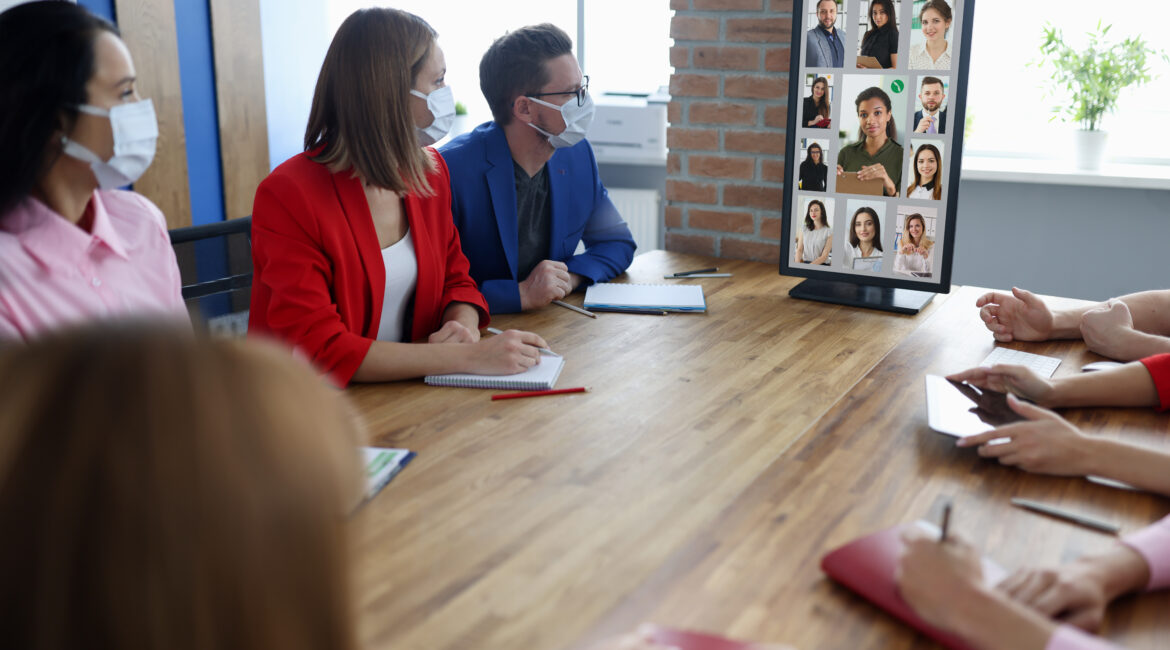A global pandemic that encourages social distancing, maintaining clean surfaces, and that limits face-to-face contact can be problematic for coworking spaces. As they are set up, coworking spaces are designed to bring people together, not set them apart and when it was clear that containing the spread of COVID-19 would become a challenge, the Centers for Disease Control and Prevention released guidelines that were adopted by many states, including Virginia, which led the business shutdowns.
After businesses and offices were forced to close, those who worked in them were forced to pick up from home. What should have been a prime opportunity for coworking spaces became a lost opportunity as we were also affected by shutdown rules that initially prohibited gathering. The risk of spreading COVID-19 though an infected person coughs, sneezes, or talks, or by people touching a surface or object that has the virus on it and then touching their own mouth, nose, or eyes, became too great a concern.
Now as businesses begin to open under new social distancing norms, how we cowork may also have to be changed or reimagined. And while all of this seems like a mountain of a task, we believe COVID-19 will make coworking spaces more important and useful than ever before as employers have seen what their employees have tried to show them for years: that teleworking enables them to get their work done away from the traditional office environment with the same, if not greater, level of effectiveness.
For businesses that operate in crowded spaces, the need for off-site coworking spaces may become a topic of discussion. Traditional businesses typically operate from a cubicle-based or close quarters model. Given the social distancing guidelines, offices may need to reduce desk space to accommodate their staff. This may involve enlisting coworking spaces for employees.
For entrepreneurs and business owners whom has spent the pandemic lockdown working from home whether in a pre-existing home office or a makeshift emergency workspace at home, the availability of workspace is important.
Many entrepreneurs forced to work from home are finding that virtual meetings, online networking, and digital happy hours are taking a toll. Burnout symptoms as a result from online meetings include exhaustion, energy depletion, depression, cynicism, excessive stress levels or anxiety. Much of that stress comes from having your home and work life conjoined, distractions at home (i.e., children and pets), having faces fixed on you for extended periods of time, and feeling trapped by the screen. In a normal business environment, meets aren’t as mentally enclosed as they are in a virtual setting. Coworking spaces enable business owners to have more casual meetings, enjoy face-to-face human interaction which drastically differs from virtual connecting, and puts distance between home and work lives.
If nothing else, COVID-19 has made both business owners who typically congregate in libraries and coffeeshops more cognizant of the fragility of those spaces given they can be revoked at any time on a governmental order. Having designated workspace when your office is closed, or your home is stressful due to having children out of school is an important business asset.

